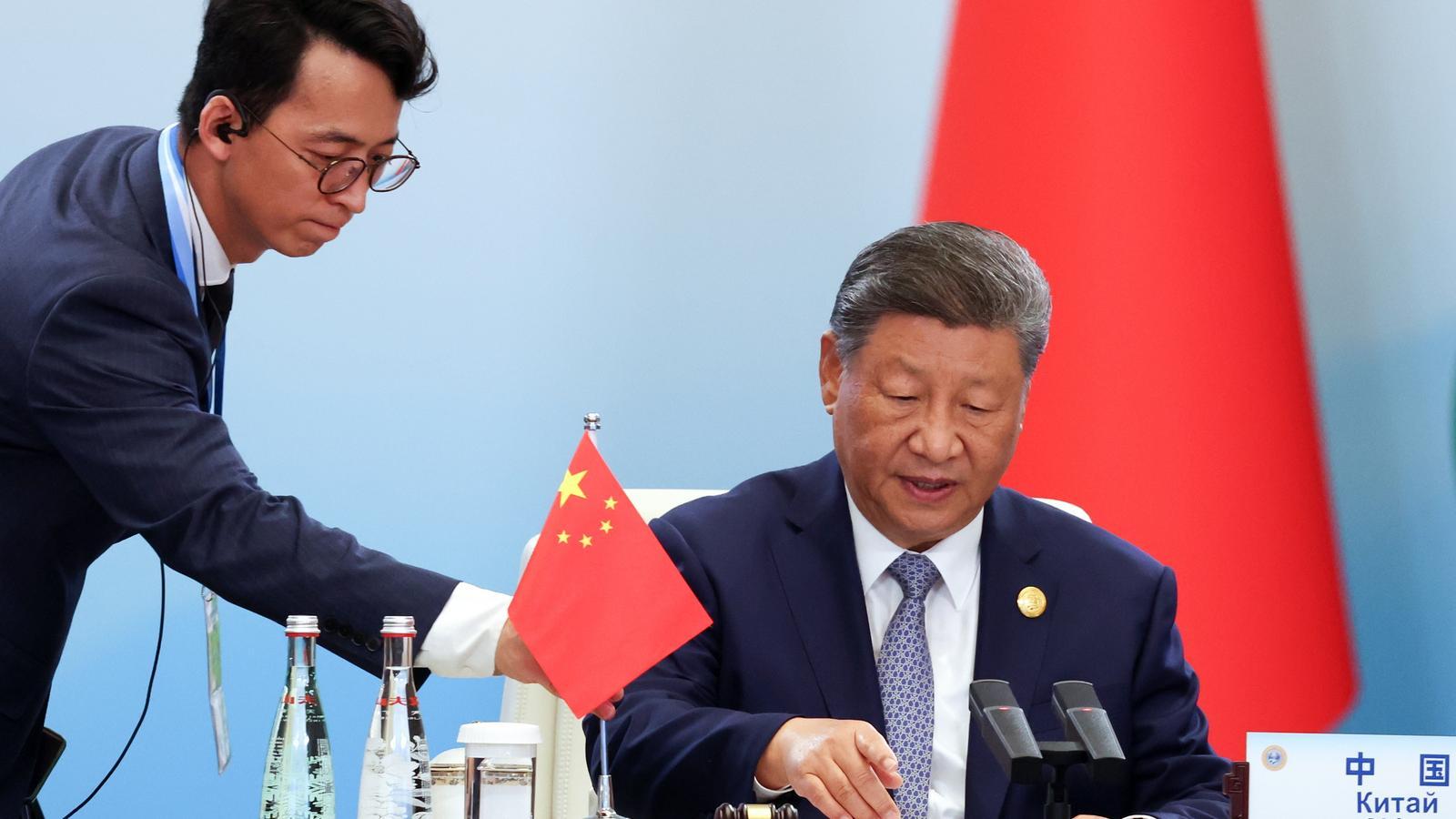

China is consolidating its position as the big winner from Donald Trump's chaotic hyperactivity. While the US president grabs the headlines for a global trade and political reconfiguration accelerated by tariff threats and the erosion of traditional alliances, Xi Jinping's regime offers itself as a guarantee of stability for an alternative recomposition of global balances.
A new order is unfolding from the obsession and need to overcome dependence on the United States and the conception of international relations tailored to the American power of the second half of the 20th century.
The Shanghai Cooperation Organization summit, held in Tianjin, a port city near the Chinese capital, has been the perfect setting to remind everyone that the world does not revolve only around Trump. Xi Jinping brought together Vladimir Putin; Narendra Modi; Iranian President Masoud Pezeshkian, in the midst of a nuclear standoff with the West; North Korean dictator Kim Jong-un and Belarusian Aleksandr Lukashenko. It is the snapshot of a challenge. But also of a reality: the economic, demographic, and geopolitical power that is articulated around the Chinese alternative.
At the beginning of 2021, Xi Jinping described the United States as "the main threat" to China's development and security. Since then, the Chinese regime has focused on reducing its vulnerability to American power and increasing its own room for maneuver. But the return of Trump and his policy of economic coercion in the White House, and the definitive demolition of any remaining moral credibility he had in the West with his endorsement of Israel's genocide in Gaza, have further strengthened China's global position.
The prohibitive 50% tariffs imposed by Donald Trump on India have been the final push that Narendra Modi has thrown into Beijing's arms.
Just five years ago, bilateral relations between China and India were going through the worst crisis in their recent history: border clashes in the Galwan Valley in the Himalayas and restrictions on Chinese investments in Indian territory. However, since then, the normalization of relations between the two countries has been built on the basis of this "plurilateralism" that is reconfiguring relations in the Global South.
In 2020, Indian Foreign Minister S. Jaishankar wrote in his book The India way: strategies for an uncertain world: "This is the time to engage with the United States, manage China, cultivate Europe, reassure Russia, bring Japan into the game, and attract new allies to expand the neighborhood beyond traditional supports." For more than a decade, India has presented itself as a key node in a new multipolar order: one foot in Washington, the other in Moscow, and a cautious eye on Beijing. But Trump's economic coercion has been perceived as a betrayal in New Delhi, and this will further strengthen the power of China, which in 2024 already became India's largest trading partner, surpassing the United States. Therefore, more than a standardization of its relations with China, there are experts who consider that the country has fallen into a resignation against the unstoppable power of Beijing.
And it is in this context that Xi Jinping is deploying, this week, his show of force: from the geopolitical influence displayed at the Shanghai Cooperation Organization summit to the grand military parade that tomorrow will mark the 80th anniversary of the end of World War II and the leadership. Along Beijing's Eternal Peace Avenue, which crosses Tiananmen Square, Xi will display the power that comes with being the second-largest arms spender in the world, after the United States. Flanked by Putin and the leaders of North Korea, Iran and Myanmar, as well as a crowd of representatives from other countries in the Global South, the meticulously choreographed event will be a display of fighter jets, missile defense systems and hypersonic weapons. Chinese, thoroughly purged after several corruption scandals. In addition, Beijing has launched a twenty-five-year plan to strengthen its presence in space, which includes deploying nearly thirty thousand satellites with the goal of making China the world leader in space science and technology by 2049.
of stability and certainty." The alternative to a Donald Trump who has embraced the doctrine of unpredictability as a weapon of distraction and subjugation. A Trump who, with the promise of Making America Great Again, has further strengthened China's capacity for global influence.
